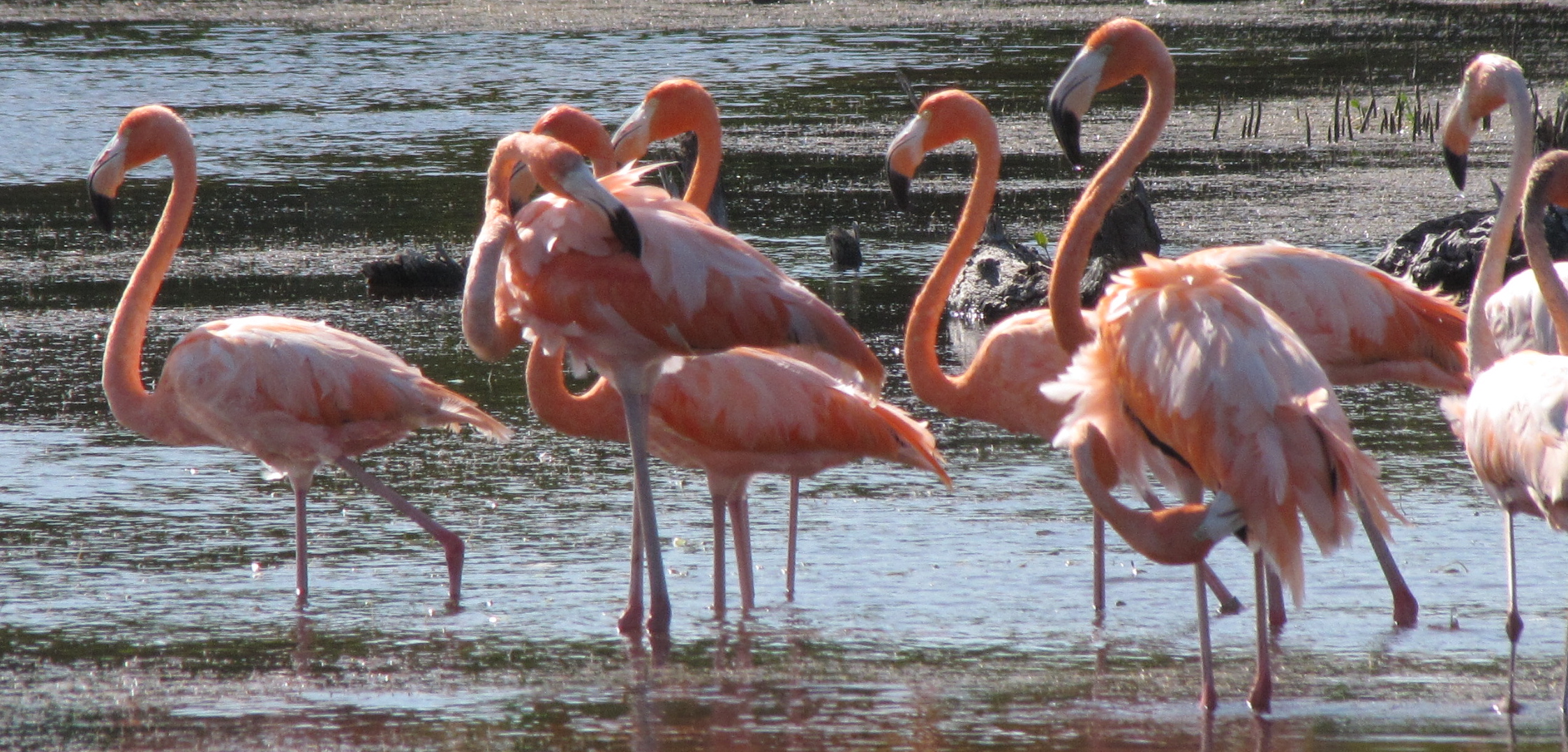
Photo by Toby Ord, Wikimedai Commons

My photo, 2012, Santiago Plaza, Merida
History, especially religious history, morphs over time. The results can be dark, confusing. I recently wrote to our Mayan gardener, Victor, who has a college degree and a teaching certificate, asking about his understanding of the local holiday, Hanal Pixan:
YUCATECO MAYA : HANAL PIXAN (meal of souls)
SPANISH : DÍA DE LOS MUERTOS (day of the dead)
ENGLISH : HALLOWE’EN, HALLOWED EVENING, ALL SAINTS DAY, (day of the dead)
My query to Don Victor :
I’m wondering about the name of this holiday, as I have doubts (or discomfort) about the English rendering: “day of the dead”. I would prefer to call it day of the ancestors, or day of remembrance (memorial day is too vague, [and /or already dedicated to fallen warriors]. Any thoughts?
He wrote back in Spanish, so I will summarize his points:
En la cultura maya se celebra el “Hanal Pixan”, que literalmente significa comida de las almas. Tiene un sentido estrictamente espiritual, recordando a los fallecidos, de quienes se cree que aún están presentes entre nosotros de manera espiritual, y por eso se hace un altar para compartir con ellos: flores, alimentos y bebidas que fueron sus favoritos, para que tomen el espíritu o esencia de lo ofrecido.
“El Día de Muertos” es de la cultura celta, y se sincronizó con otras culturas que poco a poco perdieron su originalidad, también influenciadas por la Iglesia Católica. El del camino de las almas y la pintura del rostro como se hace ahora en Mérida es un teatro sencillo para atraer más turismo, está lejos de la tradición maya de los antepasados.
In their culture, it is a spiritual holiday celebrating and sharing a meal of remembrance with departed souls, mainly family ancestors. (It seems to me, from my reading of his words, to be less about the saints of the church, which may have been more prominent in earlier Euro versions.) Surviving family members today believe the offerings and the altar invite the essential visitation of the departed, and the meal of souls is thus shared solemnly, and apparently with gratitude.
He continues, that it seems the original sense of the holiday has been largely lost in the Euro (Celtic/Catholic) version, with the current influence becoming largely to invite tourism. [I’ve heard that Mexico City didn’t even celebrate this holiday until recent times, when the attraction of tourists was noticed, as a potential.]
My sense is that it originally was never about goblins, monsters, death, or the occult. I see it rather as about thanksgiving, and appreciation of those who have enabled our survival. So, if you want to scare yourself, just say
BOO !
¡ BU !

or better yet, say
Thanks!
Language Lesson:
Fantasma > Ghost // Hallowe’en
Hallowe’en “hallowed [sagrado] evening” = se llama la noche antes del Día de Todos los Santos / All Saints Day
Hanal Pixán (en Yucatán): “comida con las almas/ o las animas, de los antepasados” // “meal with the ancestors” day of the dead (ej: high plains of Mexico/en altiplano)
Apparition > aparición “imagen, sin cuerpo” (yo soy, pero no estoy mi coche, ni mis zapatos, ni aunque mi cuerpo; soy mi alma.)
Nube > cloud
Niebla > fog
Neblinoso > foggy, cloudy, misty, hazy
Ghost > geist/geest (German/Dutch) : mind-spirit / fantasma
Holy Ghost > Espíritu Santo (ej: como Juan 14:26, el Consolador / the Comforter)
Soul > alma/espíritu/anima
Visitation > visitación (ej: como María, Lucas 1:28): Y entrando el ángel en donde ella estaba, dijo: ¡Salve, muy favorecida! El Señor es contigo; bendita tú entre las mujeres.
Wind/breath/spirit // pneuma/ruach (English // Greek/Hebrew)
Bible translators need to examine the context of wind, breath, spirit (viento, respiración, anima) as in both Hebrew and Greek, the words could all mean the same, yet are different concepts.
<end>
